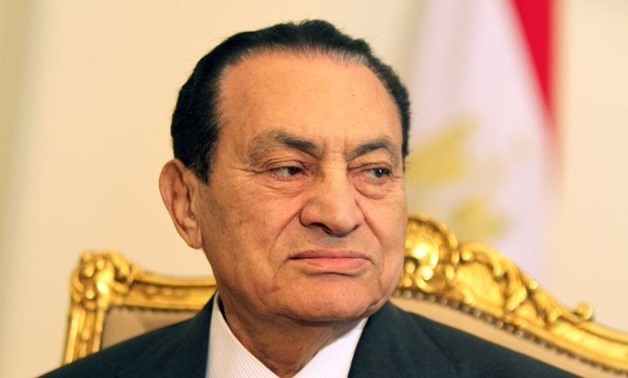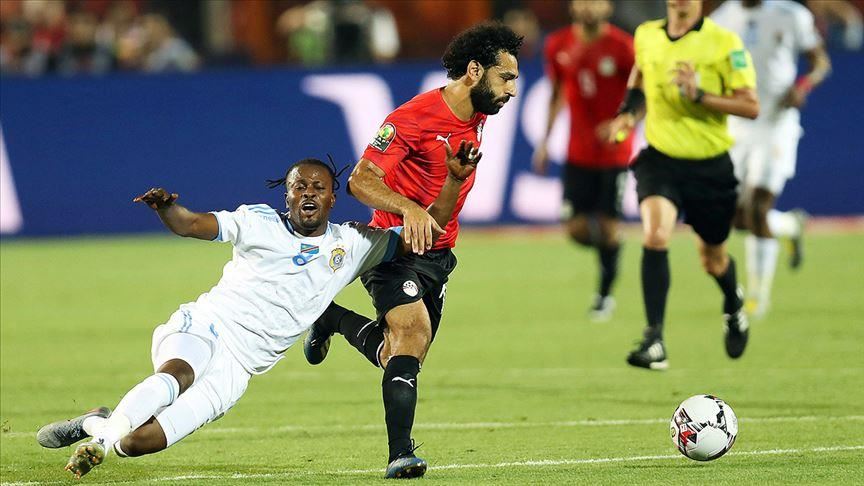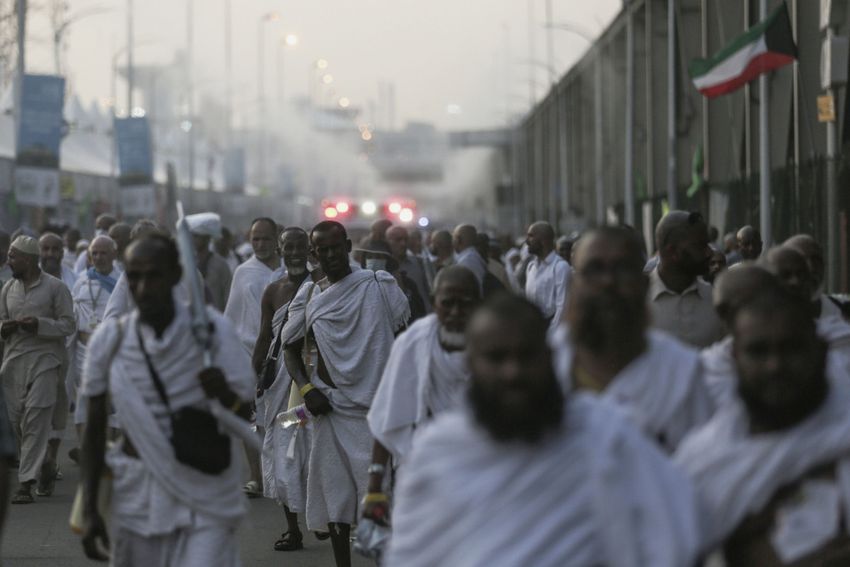Former Egyptian president Hosni Mubarak passed away at the age of 91 on Tuesday.
Publish dateTuesday 25 February 2020 - 18:00
Story Code : 204259
Mubarak, the fourth president to Egypt, ruled the country for a period of 30 years before he was forced to step down on February 11, 2011 as a result of the January 25 Revolution.
On May 24, 2011 Mubarak and his sons, Alaa and Gamal, were called to trial on charges of killing protesters and corruption charges. On August 19, 2013 Mubarak was acquitted of one of his corruption charges and two days later the court ordered his release from prison.
Before becoming president, Mubarak was the commander of the Egyptian Air Force between 1972-1975. Mubarak assumed presidency following the assassination of former President Anwar al-Sadat, who appointed him vice-president.
Mubarak was viewed as war hero by many Egyptians, because he served as commander of the Egyptian Air Force during the October 6 War in 1973. In a recent statement, Mubarak even claimed that he was the first to fire shots at an Israeli communication base from a fighter jet that he personally piloted six minutes before the surprise attack even began.
Mubarak’s reign was marked with an emergency law that gave authorities the power to conduct random arrests and heavily impeded human rights. He also expanded Egypt’s Central Security Forces and State Security Investigations Service. These tools were used to oppress political opposition, particularly Islamic fundamentalists.
Due to his stance against Islamists and his close ties with the United States, Mubarak was subject to several assassination attempts, namely one in 1995 when he was attending the African Union summit in Addis Ababa, Ethiopia.
In 2005, Mubarak was under pressure from the United States to encourage democracy, so he allowed for other presidential candidates to run for the post. He won by a landslide, and the runner-up, Ayman Nour, was soon imprisoned on forgery charges widely believed to have been trumped up.
Prior to that, Mubarak had been re-elected three times uncontested. During his 30 years as president, he had not appointed a vice president until January 29, 2011 when he appointed former Chief of Intelligence Omar Suleiman as vice president in an attempt to appease protesters.
It was Suleiman who announced Mubarak’s resignation in February 2011.
On Nov. 29, 2014, Mubarak was acquitted of graft, as well as illegally selling gas to Israel within an unfair deal. The charges of killing protesters were dropped by the presiding judge, who said in his explanation of the verdict that there were no sufficient legal grounds to charge the former president.
Protests in Tahrir Square took place on the same day the verdict was issued, with at least two protesters killed, including a 14-year old, and the attorney general has announced that he would appeal the acquittals.
In October 2019, Mubarak appeared in a 25-minute video that was uploaded to a YouTube channel called "Mubarak Archives", speaking about his memories of the 1973 Arab-Israeli War.
Mubarak said that youth must know the role the generation that witnessed the October War played to erase the agony of defeat and restore confidence in the Egyptian Armed Forces.
On May 24, 2011 Mubarak and his sons, Alaa and Gamal, were called to trial on charges of killing protesters and corruption charges. On August 19, 2013 Mubarak was acquitted of one of his corruption charges and two days later the court ordered his release from prison.
Before becoming president, Mubarak was the commander of the Egyptian Air Force between 1972-1975. Mubarak assumed presidency following the assassination of former President Anwar al-Sadat, who appointed him vice-president.
Mubarak was viewed as war hero by many Egyptians, because he served as commander of the Egyptian Air Force during the October 6 War in 1973. In a recent statement, Mubarak even claimed that he was the first to fire shots at an Israeli communication base from a fighter jet that he personally piloted six minutes before the surprise attack even began.
Mubarak’s reign was marked with an emergency law that gave authorities the power to conduct random arrests and heavily impeded human rights. He also expanded Egypt’s Central Security Forces and State Security Investigations Service. These tools were used to oppress political opposition, particularly Islamic fundamentalists.
Due to his stance against Islamists and his close ties with the United States, Mubarak was subject to several assassination attempts, namely one in 1995 when he was attending the African Union summit in Addis Ababa, Ethiopia.
In 2005, Mubarak was under pressure from the United States to encourage democracy, so he allowed for other presidential candidates to run for the post. He won by a landslide, and the runner-up, Ayman Nour, was soon imprisoned on forgery charges widely believed to have been trumped up.
Prior to that, Mubarak had been re-elected three times uncontested. During his 30 years as president, he had not appointed a vice president until January 29, 2011 when he appointed former Chief of Intelligence Omar Suleiman as vice president in an attempt to appease protesters.
It was Suleiman who announced Mubarak’s resignation in February 2011.
On Nov. 29, 2014, Mubarak was acquitted of graft, as well as illegally selling gas to Israel within an unfair deal. The charges of killing protesters were dropped by the presiding judge, who said in his explanation of the verdict that there were no sufficient legal grounds to charge the former president.
Protests in Tahrir Square took place on the same day the verdict was issued, with at least two protesters killed, including a 14-year old, and the attorney general has announced that he would appeal the acquittals.
In October 2019, Mubarak appeared in a 25-minute video that was uploaded to a YouTube channel called "Mubarak Archives", speaking about his memories of the 1973 Arab-Israeli War.
Mubarak said that youth must know the role the generation that witnessed the October War played to erase the agony of defeat and restore confidence in the Egyptian Armed Forces.
avapress.net/vdcbsab59rhbg5p.4eur.html
Tags
Top hits












